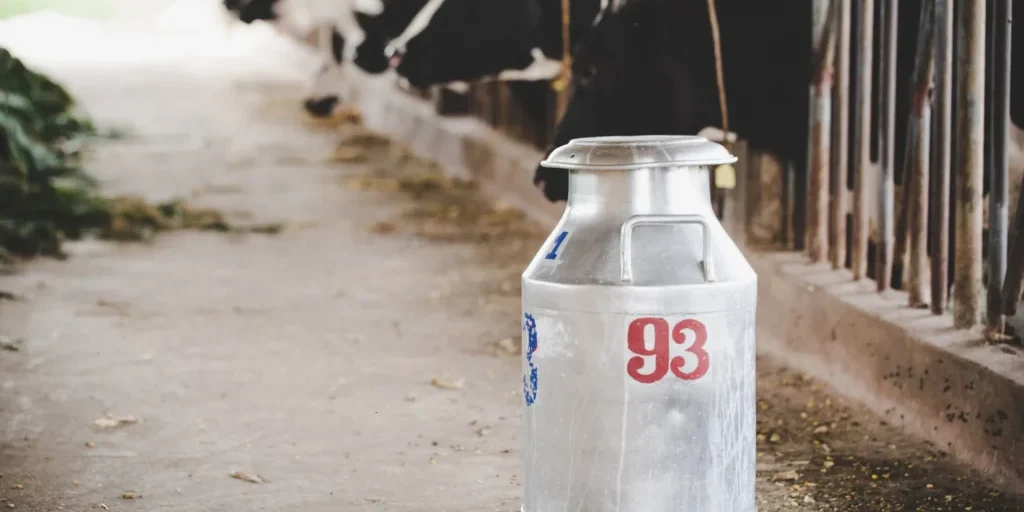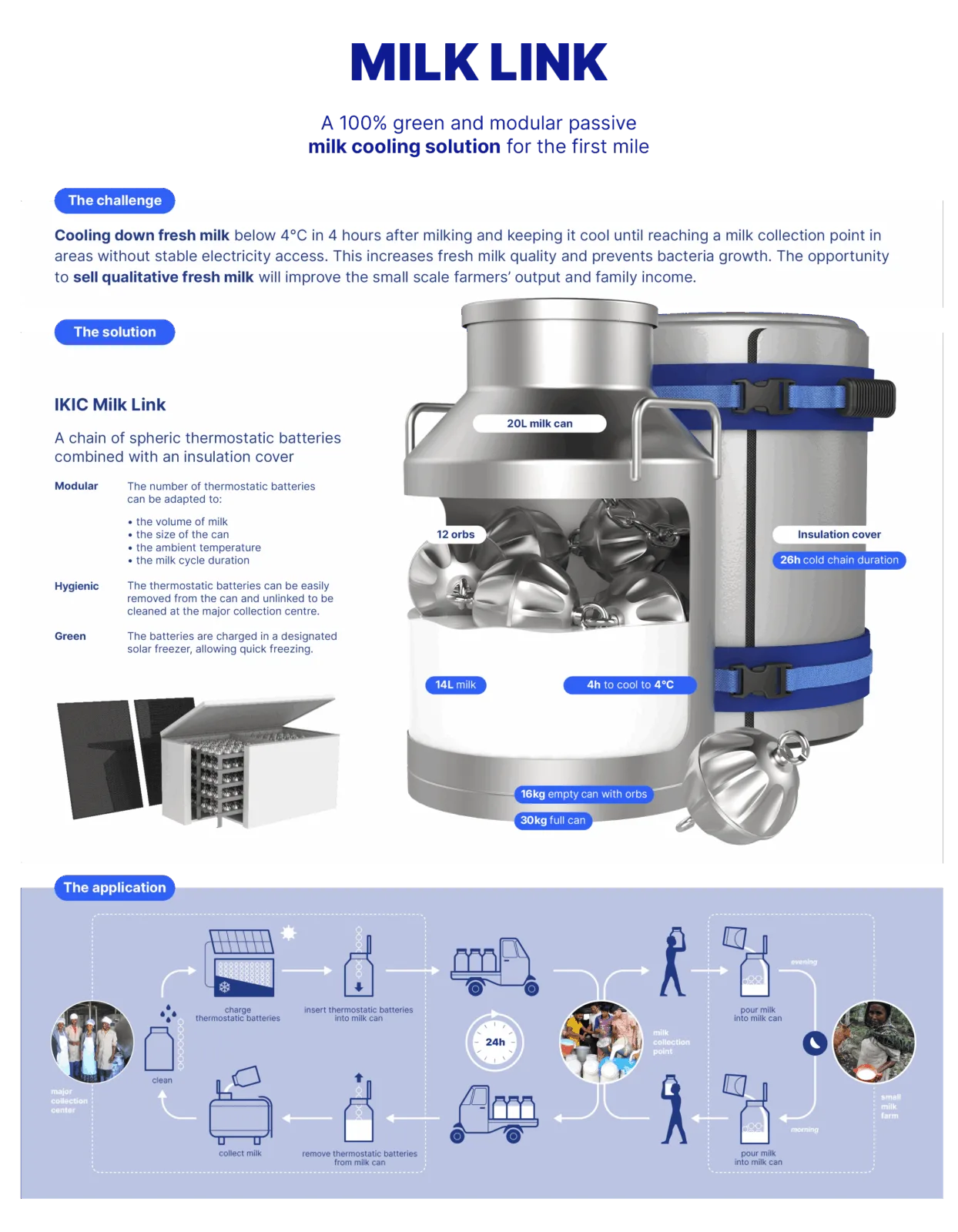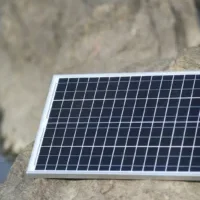
Milk Link: Bringing Cold Chain Solutions to Ethiopia’s Dairy Farmers
In Ethiopia, smallholder dairy farmers face major obstacles in accessing stable markets. Fragmented supply chains, seasonal fluctuations in demand, and a lack of cold chain infrastructure result in high milk spoilage and limited income opportunities. With more than 95% of milk processed informally and consumed locally, much of the milk produced never reaches commercial buyers. TRAIDE has supported a private sector partnership to bring an innovative solution to Ethiopia. Using passive cooling technology, Ethiopian dairy farmers are able to keep their milk cool and prevent it from spoiling—enabling them to sell more milk into formal markets and boosting incomes.
The Challenge: High Spoilage, Limited Market Access, and No Affordable Cooling
Ethiopia is one of Africa’s largest milk producers, yet smallholder farmers—who form the backbone of the dairy sector—face systemic barriers. Most operate in remote areas without access to reliable electricity, cold storage, or transport infrastructure. Seasonal fasting periods and local market saturation reduce demand, forcing farmers to discard evening milk and sell only their morning yield.
An estimated 35–40% of milk is spoiled before it can be collected—if collection points are accessible at all. The lack of affordable first-mile cooling systems makes it nearly impossible to preserve milk long enough to reach urban processors. This not only limits smallholder income but also reduces the quantity and quality of milk available to processors, who often operate below capacity or suspend operations. These systemic failures reduce income opportunities for farmers and limit the growth potential of processors.
Passive Cooling Solution: Expanding the Reach of Fresh Milk
IKIC (‘I Keep It Cool’) Impact Ventures developed Milk Link, a modular and electricity-free milk cooling system. At its core are reusable thermostatic batteries—or “cooling orbs”—that chill milk to 4°C within 30 minutes and maintain that temperature for up to 24 hours, even in off-grid rural areas. The cooling orbs are cooled using solar-powered storage facilities at a central location.
This passive cooling innovation significantly reduces spoilage and bacterial growth, enabling higher-quality milk to reach distant markets. By extending the sourcing radius and integrating into existing logistics systems, Milk Link allows cooperatives and processors to access larger, more reliable milk volumes. Smallholder farmers, in turn, gain access to stable, higher-paying markets. The solution aims to increase smallholder incomes by 20–30%.

Building Partnerships and a Strategy for Scaling
TRAIDE supported IKIC and its Ethiopian partner, LM Group, in building partnerships with cooperatives, milk processors, MFIs, and commercial banks. We also conducted a market analysis and co-created a strategy for integrating Milk Link into Ethiopia’s dairy value chain.
“With TRAIDE as a sparring partner and expert in agri-food market analysis in Ethiopia, IKIC and LM Group developed a solid foundation for future valorisation and product introduction in this important market.”
— Arnout Desmet, Director Global Partnerships, IKIC
TRAIDE facilitated the design of a phased rollout strategy, leveraging revolving funds and pilots with dairy processors. Four distinct business scale-up models were co-developed to match the needs of different partners and rollout phases.
Looking Ahead: Bringing the Dairy Sector to the Next Level
Thanks to this collaborative process, IKIC has secured strong local interest, with processors showing readiness to integrate Milk Link into their supply chains. This innovation—combined with a strong local partnership network—presents a scalable solution to unlock market access for smallholders, reduce milk losses, and strengthen the entire dairy value chain in Ethiopia.
Are you interested in Milk Link, or are you interested in other business opportunities in Ethiopia’s dairy sector? Please contact us at et******@****de.org.









